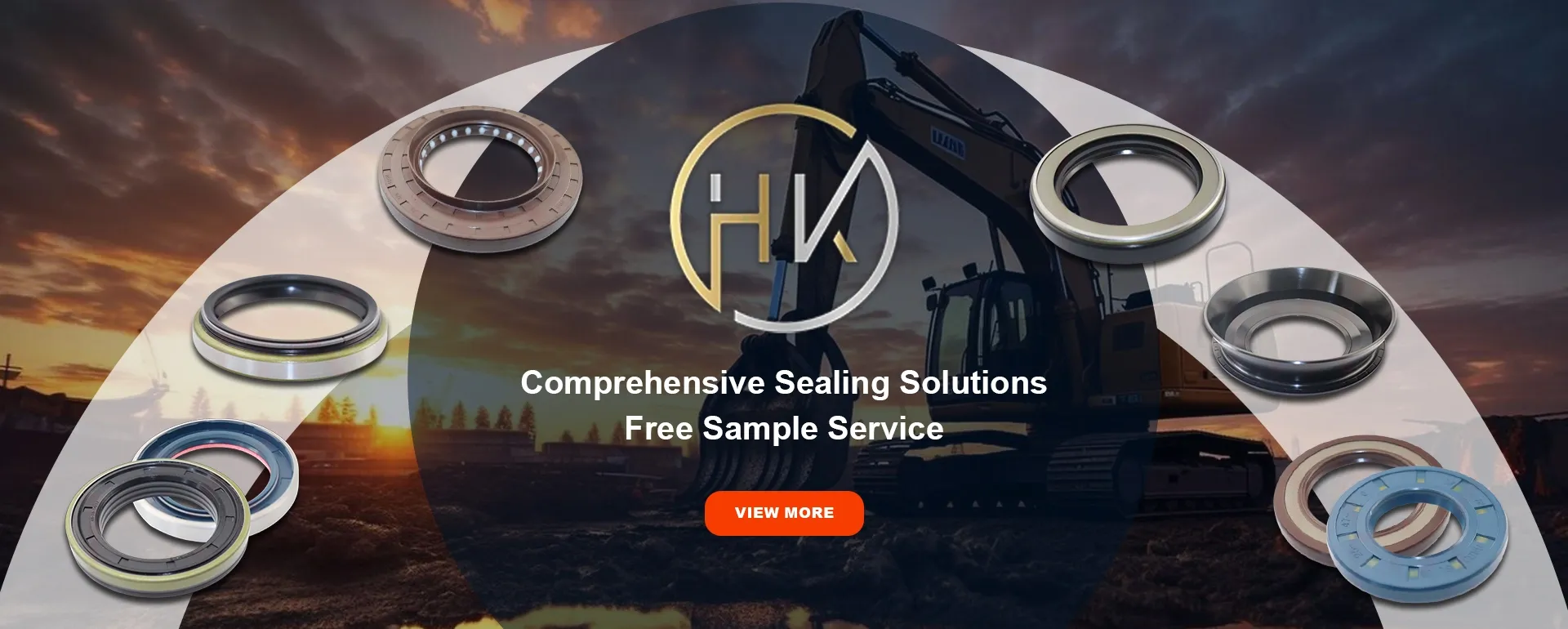Նյմ . 12, 2024 19:26 Back to list
oil seal
Understanding Oil Seals Their Importance and Applications
Oil seals, also known as grease seals or oil rings, play a crucial role in various mechanical systems. These vital components are designed to seal the spaces where rotating shafts are installed, preventing the leakage of lubricants and protecting internal components from external contaminants. As simple as they may seem, oil seals are pivotal for the performance and longevity of machinery.
The primary function of an oil seal is to contain lubricants such as oil or grease within a mechanical assembly. By preventing leakage, oil seals ensure that moving parts remain adequately lubricated, which reduces friction and wear over time. This is particularly critical in applications where high-speed rotation occurs, such as in engines, gearboxes, and electric motors. Inadequate lubrication can lead to overheating, increased wear, and ultimately, mechanical failure.
Oil seals are typically made of rubber or synthetic materials, which provide flexibility and resilience. The design usually includes a sealing lip that presses against the shaft, creating a barrier that keeps oils in and contaminants like dirt or water out. The selection of material depends on various factors, including temperature, pressure, and the types of fluids being sealed. Additionally, oil seals can be engineered to accommodate specific operational conditions, further enhancing their effectiveness.
oil seal

In automotive applications, oil seals are crucial for maintaining the integrity of engines and drivetrain systems. Crankshaft and camshaft seals prevent oil from leaking out, while also stopping dirt and debris from entering the engine. A worn or damaged oil seal can result in oil loss, potentially leading to engine seizure or severe mechanical issues. Therefore, regular inspection and replacement of oil seals are essential maintenance practices.
Beyond automotive uses, oil seals are integral components in numerous industries, including aerospace, manufacturing, and marine. In hydraulic systems, for example, oil seals ensure that hydraulic fluid remains contained, enabling optimal operation of hydraulic cylinders and motors. In the food and beverage industry, special oil seals are designed to withstand sanitary conditions, preventing contamination while maintaining product quality.
In conclusion, oil seals, though often overlooked, are essential for the reliable operation of various mechanical systems. Their ability to retain lubricants while keeping contaminants out safeguards against wear and ensures the long-term functionality of machinery. Understanding the importance of these components highlights the need for proper maintenance and timely replacement, particularly in high-duty applications where mechanical integrity is paramount. As technology evolves, the design and materials used in oil seals continue to improve, reflecting the growing demands of modern engineering and industrial practices.
-
The Trans-formative Journey of Wheel Hub Oil Seals
NewsJun.06,2025
-
Graphene-Enhanced Oil Seals: Revolutionizing High-Pressure Oil Sealing
NewsJun.06,2025
-
Future of Hydraulic Sealing: Advanced Intelligent TCN Oil Seals
NewsJun.06,2025
-
Don’t Let a Broken TCV Oil Seal Ruin Your Day
NewsJun.06,2025
-
Bio-Inspired Dust Seals for Better Sealing Performance
NewsJun.06,2025
-
Biodegradable and Sustainable Hydraulic Seal Materials
NewsJun.06,2025
-
Top Oil Seal Solutions for Your Industrial Needs
NewsMay.22,2025
Products categories
















